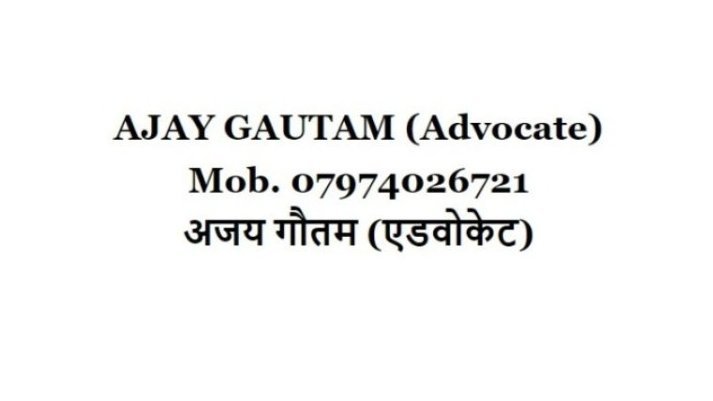What are my basic legal rights as a citizen of India?
As a citizen of India, your basic legal rights are primarily derived from the Indian Constitution. These are often referred to as Fundamental Rights and are designed to protect individual freedoms and ensure equality. Here’s a clear breakdown:
1. Right to Equality (Articles 14–18)
-
Equality before the law and equal protection of the law (Art. 14).
-
Prohibition of discrimination based on religion, caste, sex, or place of birth (Art. 15).
-
Equality of opportunity in public employment (Art. 16).
-
Abolition of untouchability (Art. 17).
-
Abolition of titles (Art. 18).
2. Right to Freedom (Articles 19–22)
You have the freedom to:
-
Speech and expression (Art. 19a).
-
Assemble peacefully (Art. 19b).
-
Form associations or unions (Art. 19c).
-
Move freely throughout India (Art. 19d).
-
Reside and settle anywhere in India (Art. 19e).
-
Practice any profession or carry on business (Art. 19g).
Other protections:
-
Protection against arbitrary arrest and detention (Art. 22).
3. Right against Exploitation (Articles 23–24)
-
Human trafficking and forced labor are prohibited (Art. 23).
-
Child labor in hazardous industries is prohibited (Art. 24).
4. Right to Freedom of Religion (Articles 25–28)
-
Freedom to profess, practice, and propagate religion (Art. 25).
-
Freedom to manage religious affairs (Art. 26).
-
Freedom from compulsory religious instruction in educational institutions (Art. 28).
5. Cultural and Educational Rights (Articles 29–30)
-
Protects the rights of minorities to preserve their culture, language, and script.
-
Right of minorities to establish and administer educational institutions.
6. Right to Constitutional Remedies (Article 32)
-
You can approach the Supreme Court or High Courts if your fundamental rights are violated.
-
Courts can issue writs like habeas corpus, mandamus, prohibition, quo warranto, and certiorari.
Other Important Legal Rights
-
Right to Information: Citizens can seek information from public authorities under the RTI Act, 2005.
-
Right to Privacy: Protected under the Supreme Court judgment of 2017, privacy is considered a fundamental right.
-
Consumer Rights: Right to safety, information, choice, and redress under the Consumer Protection Act.
-
Labor Rights: Minimum wages, fair working conditions, and social security benefits under labor laws.
Key Note: Fundamental Rights are enforceable in a court of law. However, they are subject to “reasonable restrictions” in the interest of sovereignty, security, public order, morality, or health.
As a citizen of India, your basic legal rights are fundamentally guaranteed by the Constitution of India under Part III, known as Fundamental Rights. These rights ensure equality, freedom, and protection under the law to all citizens and include:
-
Right to Equality: Equality before law, prohibition of discrimination on grounds of religion, race, caste, sex, or place of birth, and equality of opportunity in public employment.
-
Right to Freedom: Includes freedom of speech and expression, peaceful assembly, association or union, movement, residence anywhere in India, and the right to practice any profession or occupation.
-
Right against Exploitation: Protection against human trafficking, forced labor, and child labor.
-
Right to Freedom of Religion: Freedom to profess, practice, and propagate religion.
-
Cultural and Educational Rights: Rights of minorities to conserve their culture, language, and script and establish educational institutions.
-
Right to Constitutional Remedies: The right to approach courts for enforcement of fundamental rights if violated.
These rights are justiciable, meaning you can approach the courts if these rights are infringed, and the courts have the power to uphold these rights. Additionally, as an Indian citizen, you also have rights such as the right to information (RTI), the right to legal aid, and other civil liberties protected under various laws.
